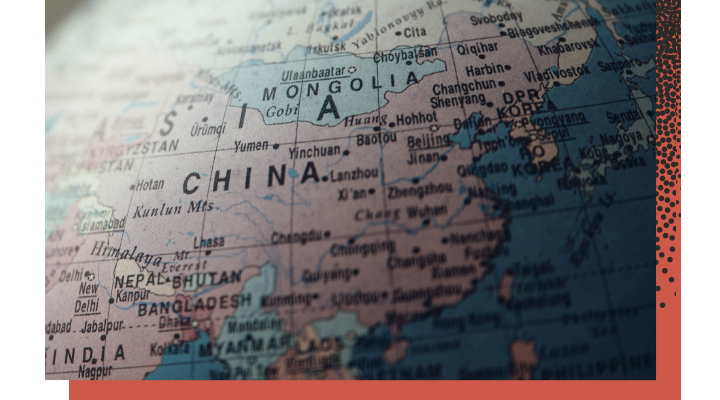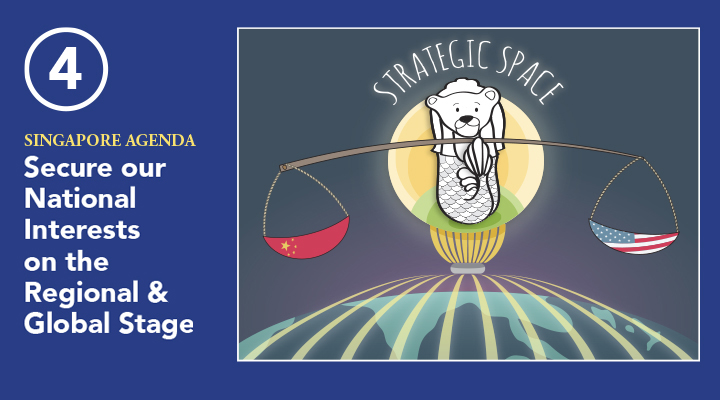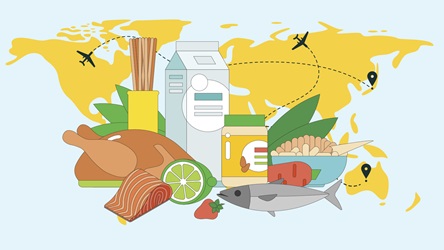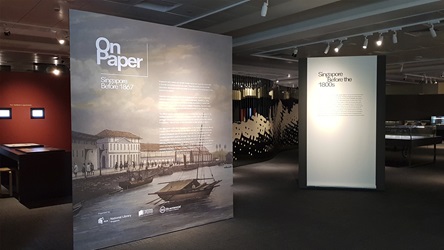Singapore Agenda: The End Of The Post-WWII Global Order

The world becoming less open and integrated
The post-World War II world order was defined by free markets, free trade, and global economic integration.
After World War II, the US economy comprised more than 40% of global GDP – for every dollar of GDP created on the global stage, 40 cents went to the US.
That number has now shrunk to about 24%. That is why there is this deep anxiety and questioning within the US: why should they make sacrifices to maintain this global world order for which they have been underwriter and beneficiary?
Multilateralism under pressure
Institutions like the United Nations (UN), the International Monetary Fund (IMF), the World Bank, and the World Trade Organisation (WTO) all came about in the years after World War II.
These institutions provide support for international rule of law and encourage states to act in the interests of the common global good. They have helped to facilitate global stability. But this consensus is eroding. Multilateralism is under pressure.
Countries everywhere are facing domestic political pressure from nationalist and populist groups, and consequently have shifted their positions on the global stage. Some countries have withdrawn from multilateral organisations or multilateral agreements, while also seeking to renegotiate bilateral or plurilateral agreements in order to extract better terms for themselves.
US-China relations
The post-World War II world order was envisioned and underwritten by the US. But the biggest beneficiary was China.
China's entry into the WTO in 2001 was a key moment for global trade. At the time, American policymakers believed that China would be a responsible stakeholder, and hoped that China would become economically and politically more like the US. That view has changed. Today, the US view is that China is not a partner but a strategic competitor.
Meanwhile, China, with a long view of its history, and having achieved great economic progress, wants to reclaim what it feels is its rightful number one spot again.
So we end up today with a time of intense competition and rivalry between the US and China. This has disrupted supply chains, and undermined global business confidence and consumer confidence. The fundamental issues concerning technology transfers, intellectual property protection and state-owned enterprise remain unresolved. The competition, the jostling, is going to continue for quite some time more.
Impact on Singapore
For Singapore, a tiny city-state where trade is more than three times our GDP, where we have to import everything we eat and drink, where we have to try to make a living providing services to the rest of the world – this erosion of multilateralism, of free trade, is a clear and present threat to us.
If you think about all these events and all the unravelling of world order, the great power competition, malicious disinformation, violent extremism, potential hotspots around the world; the question then must be, well, what do we in Singapore do about it? How should we respond?
Continue our long-held principles
Singapore’s foreign policy begins at home, says Minister Vivian Balakrishnan.
We must
- sustain a vibrant, and successful economy.
- remain a united, harmonious society.
- maintain our commitment to a fair and just society, which means a commitment to social mobility.
- ·never become a vassal state.
- maintain friendships and build constructive relations, within ASEAN and with as many countries as possible.
- continue to support multilateralism, free trade, and support our commitment to an open rules-based international order.
SGPA THRUST #4
Securing Our Interests on the Regional & Global Stage
Amidst new uncertainties globally, how will we better secure Singapore’s interests in a more fragmented and more competitive regional and global environment?
We will do this by:
- Maximising our strategic space and options amid US-China competition
- Deepening regional cooperation
- Supporting multilateralism and playing a constructive role on issues of global concern

“Small in stature but not in spirit, Singapore can continue to shine bright on the global stage by forging strong partnerships with regional neighbours (can you spot the ASEAN logo?) and offering thought leadership on emerging strategic issues in an increasingly uncertain and volatile world.”
- POSTED ON
Mar 19, 2020
- TEXT BY
Tuber and Strategy Group, Prime Minister’s Office
- PHOTOS BY
Chuttersnap on Unsplash
-
Deep Dive
Strengthening Singapore’s Food Security









